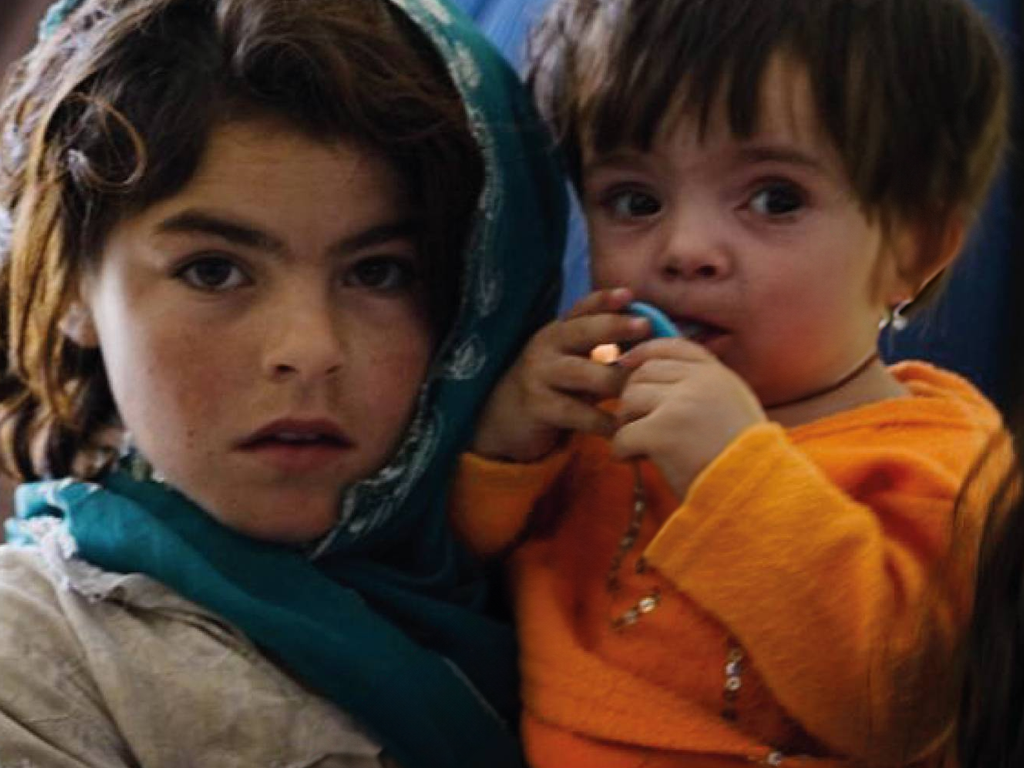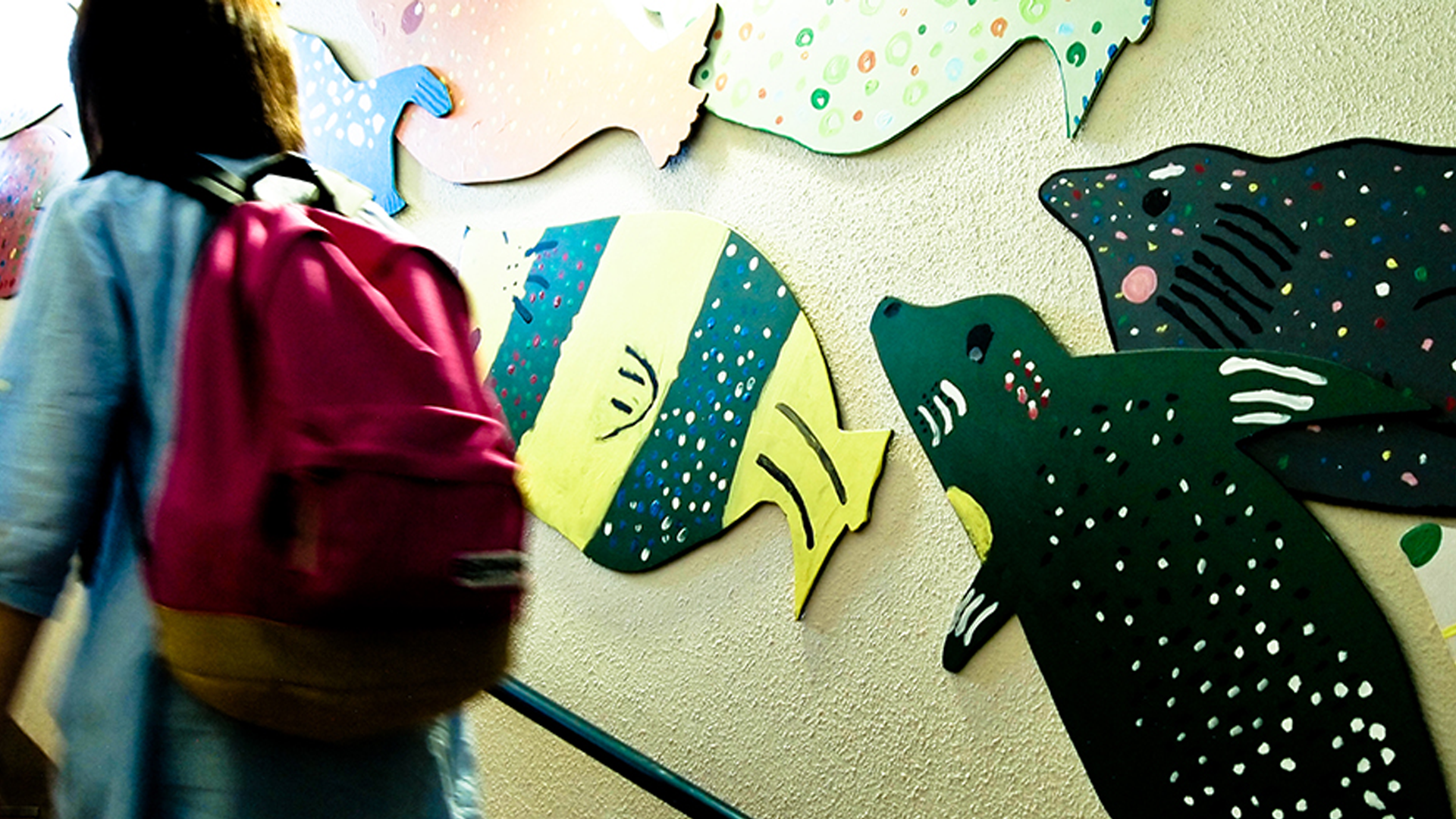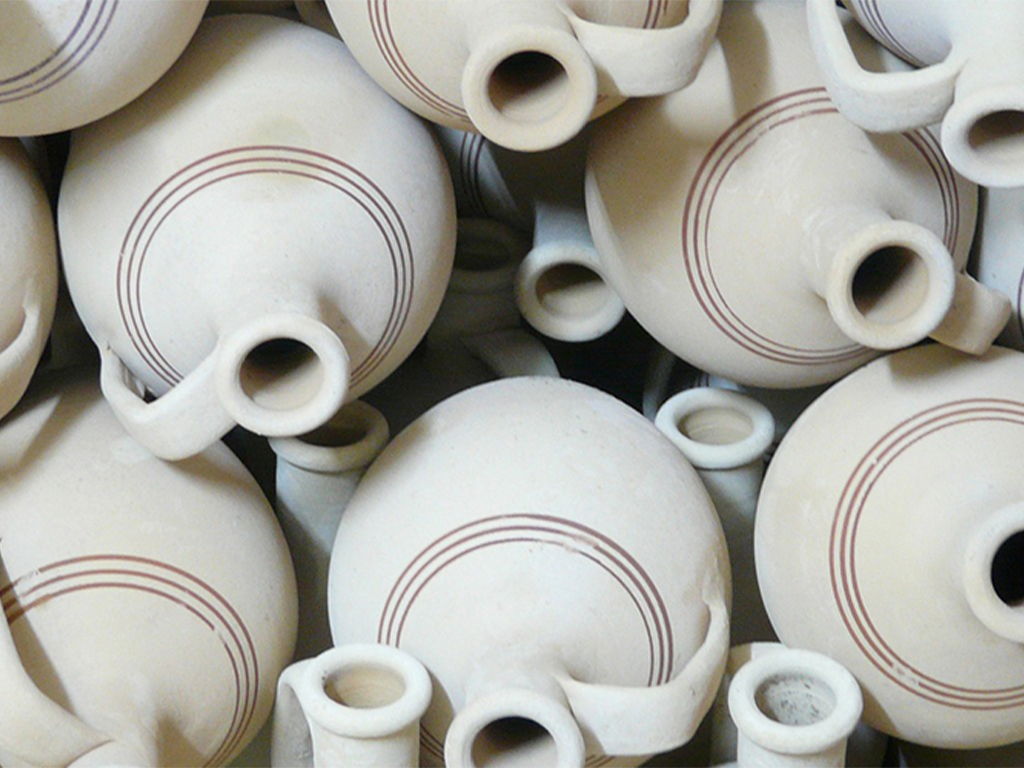 Politics / Civics, Primary School
Politics / Civics, Primary School


4669649 / 5560319
Children Have Rights
UN Convention on the Rights of the Child
Every human being has rights. Children have children’s rights. Since 1946 the UN – the United Nations – has been working to safeguard these rights. On 20th November 1989 it was adopted: the UN Convention on the Rights of the Child. People in every country, every culture and in all religions work together to implement these children’s rights for all 2.2 billion children of this world: Children’s rights are of prime importance for a world where peace, fairness, security and respect for the environment prevail. We owe our children the very best we can give. Children need special care and protection. A contract is intended to ensure this. Since 1989, in other words for almost 25 years, the UN Convention on the Rights of the Child has existed. In 54 articles it establishes the very specific rights for children. 192 countries of the world have accepted and ratified this agreement. Only two countries have not: the USA and Somalia...
Play trailer

Curriculum-centred and oriented towards educational standards
Matching
Rights and Obligations
Three girls of different ages: Anna is 17, Paula 15 and Lena 13. Before the law, their respective ages have consequences – because children and adolescents have different rights and also obligations.
Ceramic
Ceramics are indispensable in our everyday lives. We eat from ceramic plates, drink from ceramic cups, use tiled ceramic bathrooms. But how is ceramic manufactured? The film reveals the secrets of this fascinating material! We get to know more about the beginnings of ceramic in the Old World of Egypt and Mesopotamia, about Greece, China and Rome. We gain interesting insights into the valuable earthenware and are also shown the exquisite further development of the "white gold". Today this versatile material is irreplaceable in industry, too. Whether in space or as an easily compatible substitute in medicine, ceramic is applied in many places.









